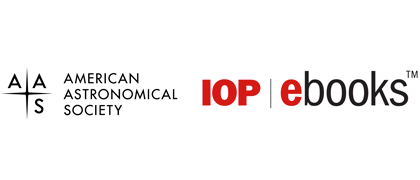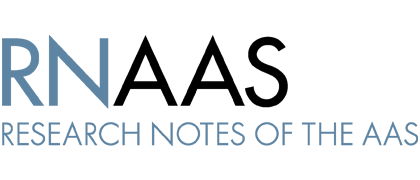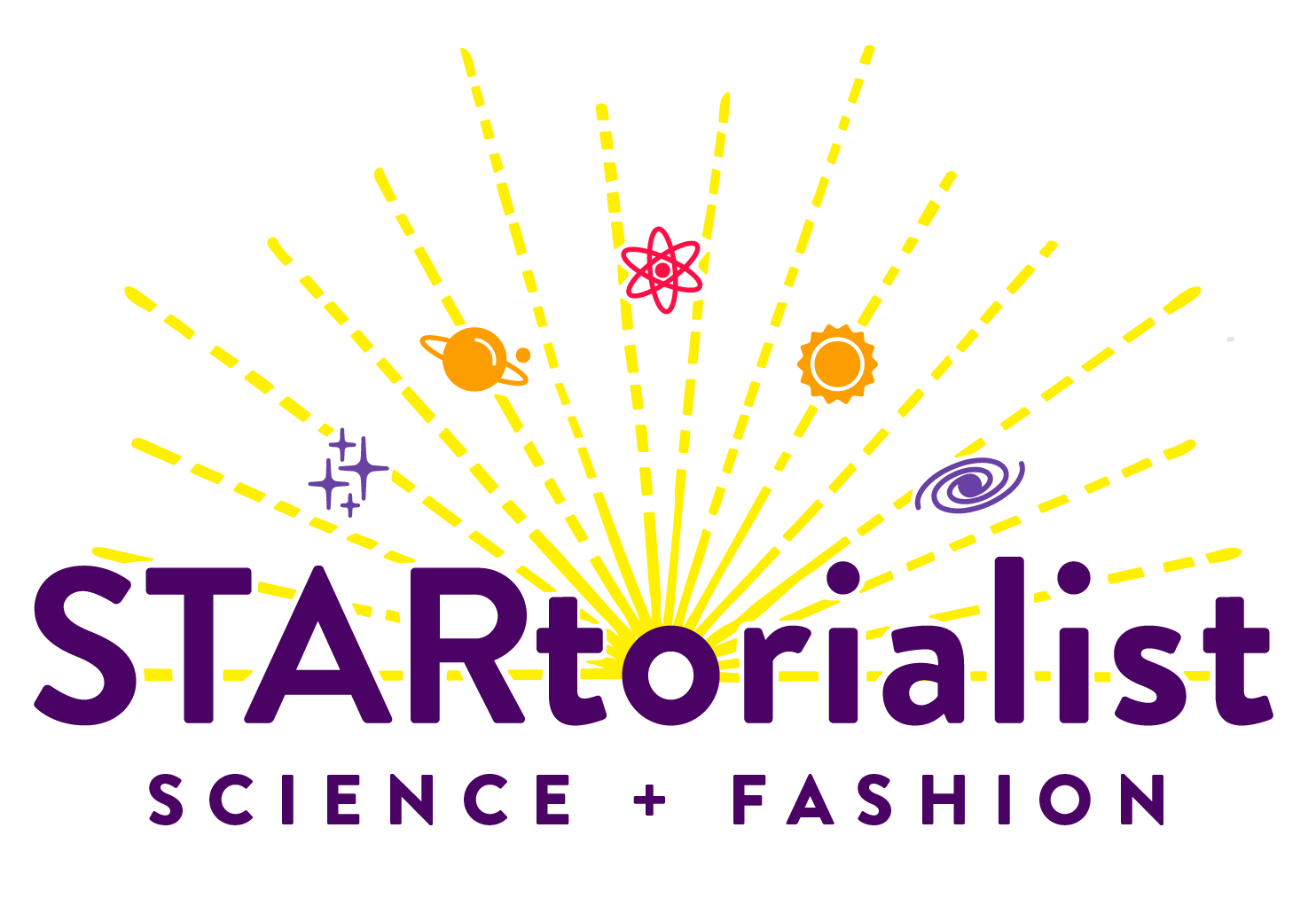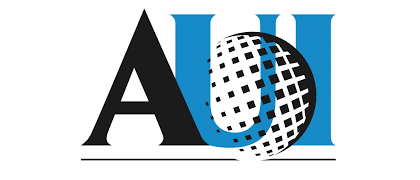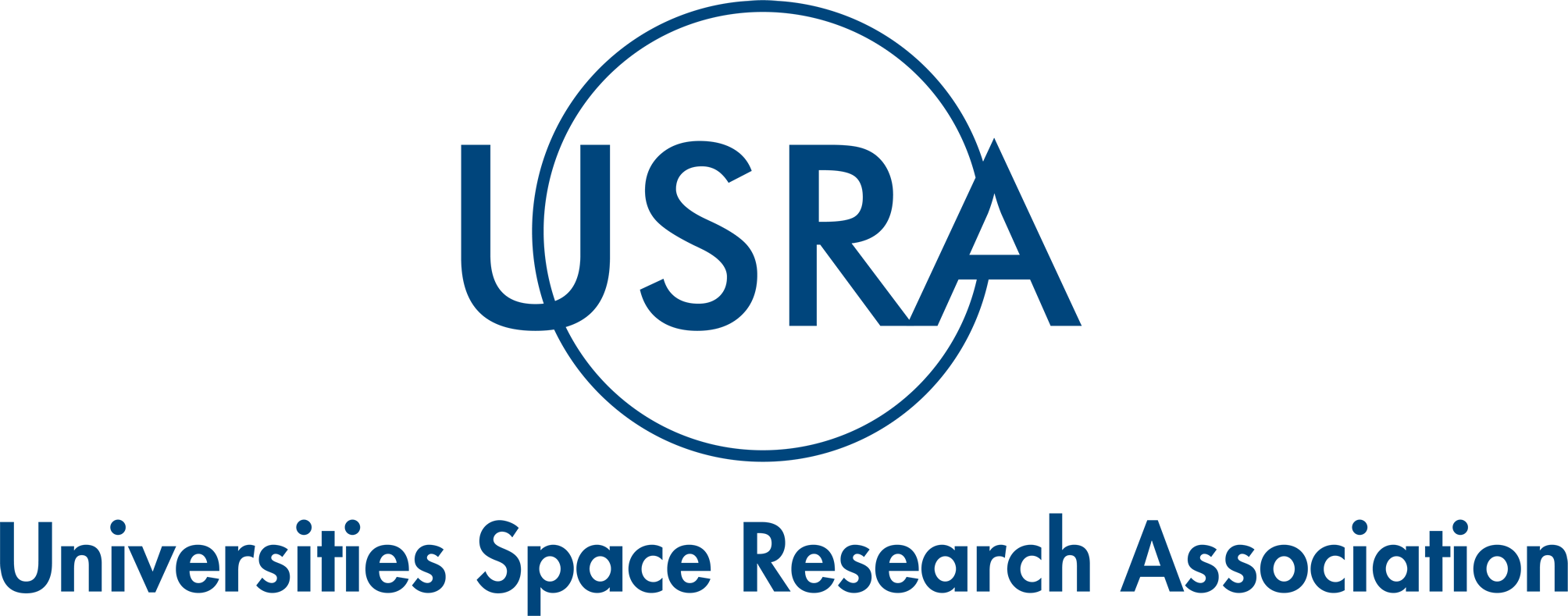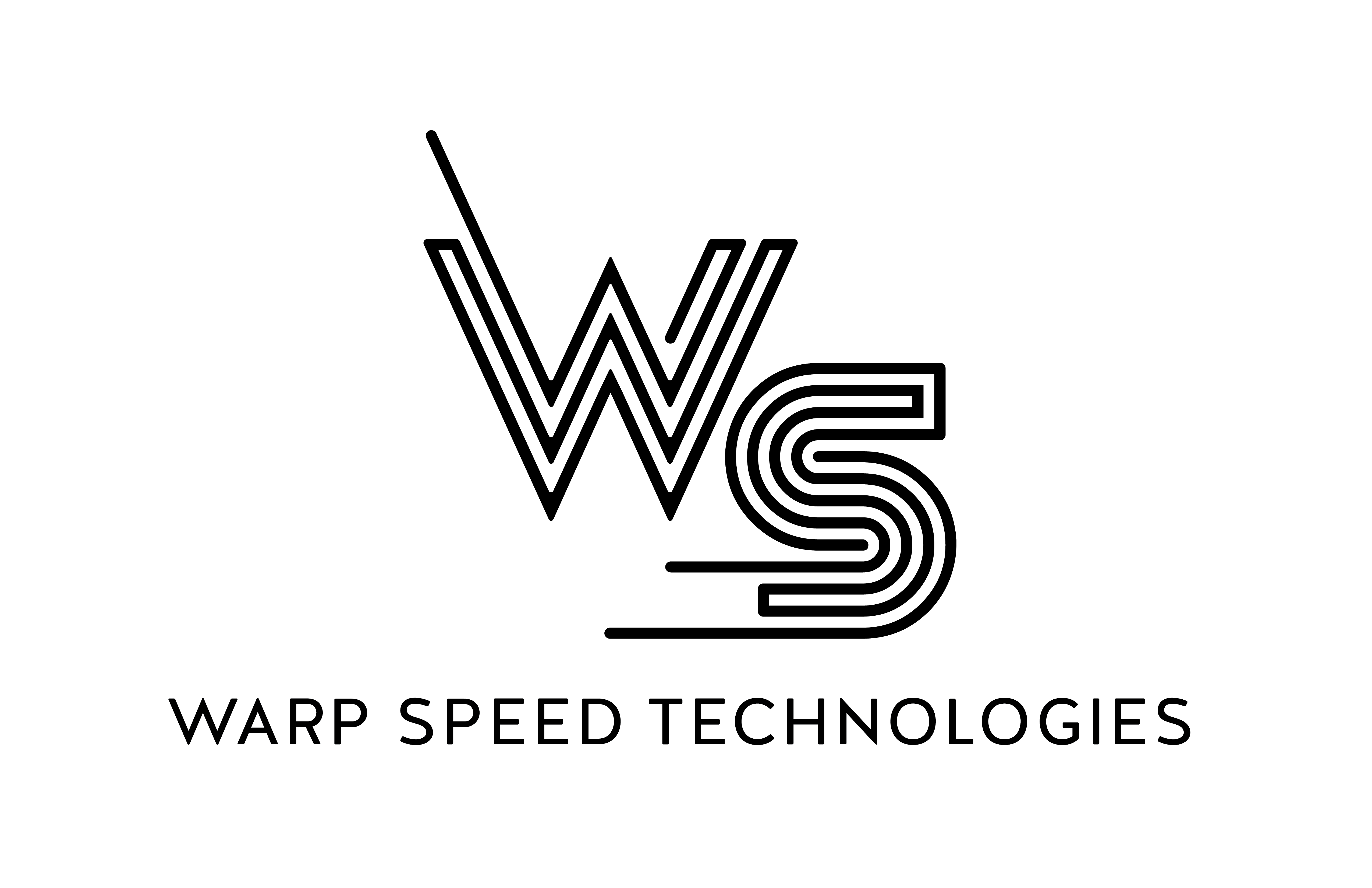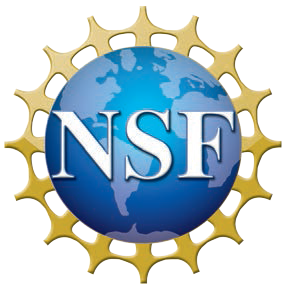236th meeting
Press


13 April 2020
Contact:
Dr. Rick Fienberg
AAS Press Officer
+1 202-328-2010 x116; cell: +1 857-891-5649
The 236th meeting of the American Astronomical Society (AAS), originally scheduled 31 May to 4 June in Madison, Wisconsin, will instead be held online, 1-3 June. The AAS Board of Directors decided to make this move in alignment with worldwide efforts to minimize the impact of COVID-19. Most of our Madison plenary lecturers and other presenters have committed to join us for this virtual experience, which will be held jointly with the AAS Laboratory Astrophysics Division (LAD). Meeting hashtag: #AAS236
We will have a robust science program of talks and digital interactive iPosters along with a virtual exhibit hall and daily press conferences. Read “How the AAS Will Organize a Virtual Scientific Conference” by AAS Executive Officer Kevin B. Marvel for a look at how we plan to pull this off.
Meeting links:
Press Registration
Access to the virtual meeting requires registration, and most attendees will have to pay to register, though at significantly lower rates than for regular in-person AAS meetings. The AAS offers complimentary press registration to bona fide working journalists and public-information officers (PIOs), as described on our press-credentials page. If you already secured your press registration for the Madison meeting, you’re all set — you don’t need to reapply.
To request complimentary press registration, send an email message to AAS Press Officer Dr. Rick Fienberg with your name and media affiliation (or “freelance” if applicable). Upon confirming your eligibility, he’ll send you the URL of an online registration form and the required press-registration code. See our current list of press registrants to find out which of your fellow science writers are already planning to join us online.
All registrants will receive information by email about how to join the virtual meeting. In the weeks leading up to the event, the AAS will offer a series of webinars and other training guides to prepare you to navigate the conference, attend sessions, interact with presenters, and so on.
Prize & Invited Talks
With support from the Kavli Foundation, the AAS Vice-Presidents name a special invited lecturer to kick off each semiannual AAS meeting with a presentation on recent research of great importance. The AAS 236 Fred Kavli Plenary Lecture will be given by Lisa Kaltenegger (Carl Sagan Institute, Cornell University), a world leader in the search for signs of life on exoplanets that could be detectable with ground- and space-based telescopes. The theme of LAD’s sessions is “Bridging Laboratory & Astrophysics,” and in a special LAD plenary talk Paola Caselli (Max Planck Institute for Extraterrestrial Physics) will emphasize how astrochemistry and molecular spectroscopy inform our understanding of star and planet formation. Kazunari Shibata (Kyoto University), recipient of the AAS Solar Physics Division’s 2020 George Ellery Hale prize, will give a prize lecture about his work on solar flares and space weather.
The virtual meeting will offer a rich assortment of other prize and invited talks by distinguished astronomers, including Elisabeth Mills (University of Kansas) on the mysterious center of our Milky Way galaxy and Jo Dunkley (Princeton University) on ground- and space-based observations of the cosmic microwave background. Jacqueline Faherty (American Museum of Natural History) will describe recent progress in understanding brown dwarfs, and Christina Tremonti (University of Wisconsin, Madison) will do the same for galaxy outflows.
Current policy issues of importance to our profession will be addressed in plenaries too. James Lowenthal (Smith College) and Sandra Cruz-Pol (National Science Foundation) will consider the threats from satellite constellations to astronomy and the challenges of radio spectrum management, and Dara Norman (NSF’s NOIRLab) will explore the themes of diversity, inclusion, and access in the astronomical community and beyond.
Recent LAD awardees will present prize lectures in LAD sessions throughout the meeting, including Lucy Ziurys (University of Arizona), recipient of the 2019 Laboratory Astrophysics Prize; Sarah Hörst (Johns Hopkins University), winner of the 2020 Early Career Award; and Natalie Hell (Lawrence Livermore National Laboratory), honored with the 2020 Dissertation Prize. In addition we’ll hear from John Cowan (University of Oklahoma), who will give a talk on the key contributions over four decades by James Truran (University of Chicago), recipient of the 2020 Laboratory Astrophysics Prize.
Special Sessions, Meetings-in-a-Meeting & Town Halls
In addition to daily LAD sessions and regular contributed oral and iPoster sessions, the virtual meeting will feature an assortment of topical Special Sessions and multi-session Meetings-in-a-Meeting. Among the former are “Astronomy from the Moon: A New Frontier for 21st Century Astrophysics,” “Diffuse X-Ray Emission from the Milky Way,” “Dual-Anonymous Peer Review for NASA Astrophysics Proposals,” “The Fermi Bubbles: Progress and Prospects,” and “The NASA-NSF Exoplanet Observational Research (NN-EXPLORE) Program at the WIYN Observatory.”
MiM sessions include “Supermassive Black Hole Studies with the LSST” (now the Vera C. Rubin Observatory) and “The Interstellar Medium of Galaxies in the Era of Big Data,” both spanning all three meeting days.
There will also be Town Halls on astronomy and public policy, where you can interact with representatives from NASA, the National Science Foundation, the Space Telescope Science Institute, the National High Performance Computing User Facilities, and the Society’s own policy team.
A highlight of every AAS summer gathering is the Annual Members’ Meeting, which will be held on Tuesday evening, 2 June, featuring presentations on the state of the Society by key staff members and elected leaders.
Press Conferences
We’ve received hundreds of abstracts for talks and iPosters and are now going through them to find newsworthy results to feature in press conferences. We anticipate having one or two news briefings each day of the meeting and will distribute another media advisory once we have a preliminary schedule of speakers and topics.
AAS Press-Release-Distribution Service
If you don't already receive astronomy-related press releases forwarded by email from the AAS Press Office, you should sign up now to guarantee that you receive future meeting advisories as well as electronic copies of all press releases issued during the meeting. To sign up for the AAS press-release-distribution service, for which there is no charge, please fill out and submit the form you'll find linked from our Join the AAS Press List page. With few exceptions, only accredited journalists and PIOs are eligible to receive press releases forwarded by the AAS, as described on our press-credentials page.
As we continue to ride out this pandemic, all of us at the AAS hope that you and your family members are safe and healthy.


